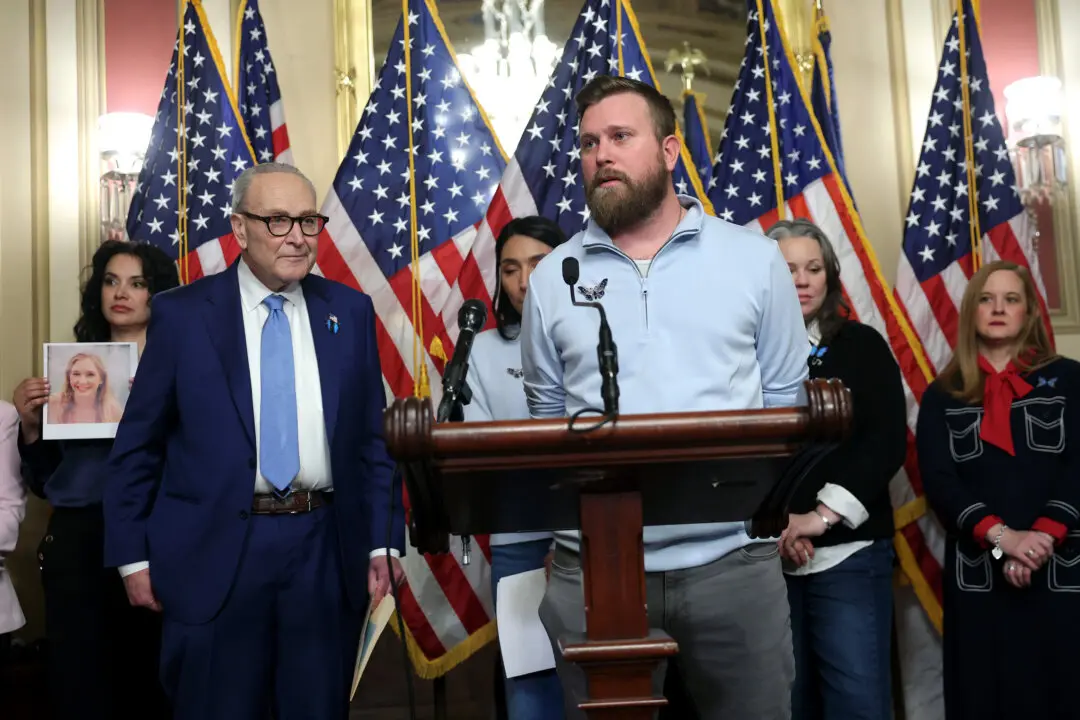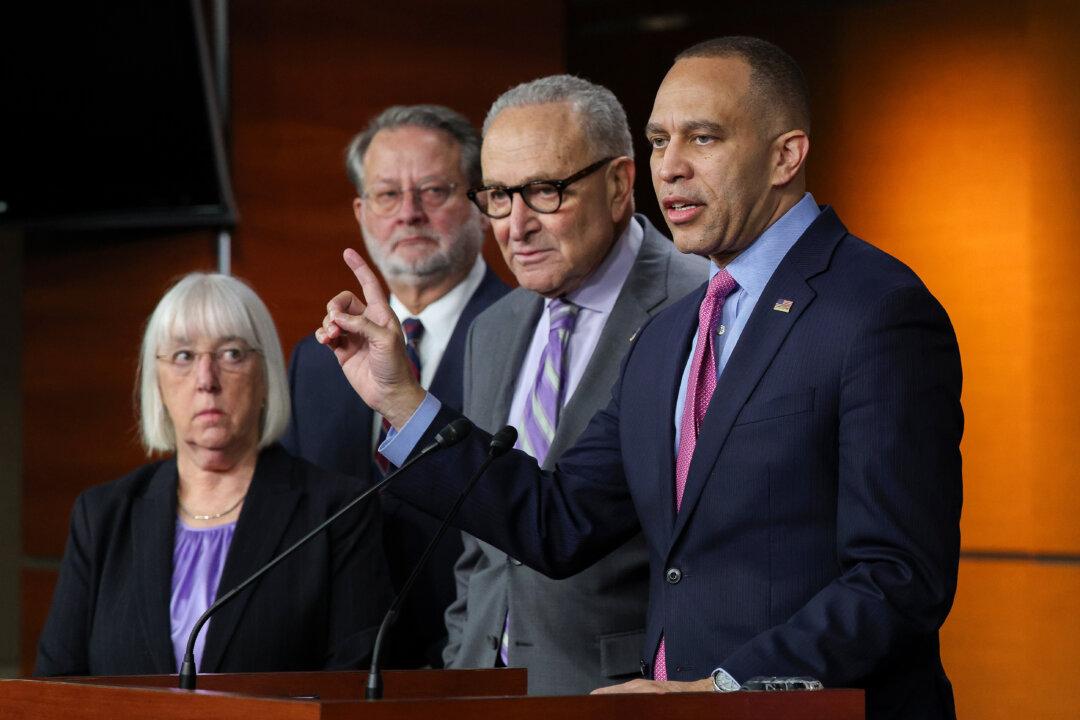After four years of litigation, a company that ordains ministers online to perform marriages and other ceremonies reached a settlement with the State of Tennessee this week in a lawsuit they filed against the state in 2019.
The Universal Life Church Monastery Storehouse (ULCM), a Washington-based organization that ordains ministers online, sued the state in 2019 after a law went into effect that aimed to prohibit ministers ordained online from solemnizing legal marriages in the state.





